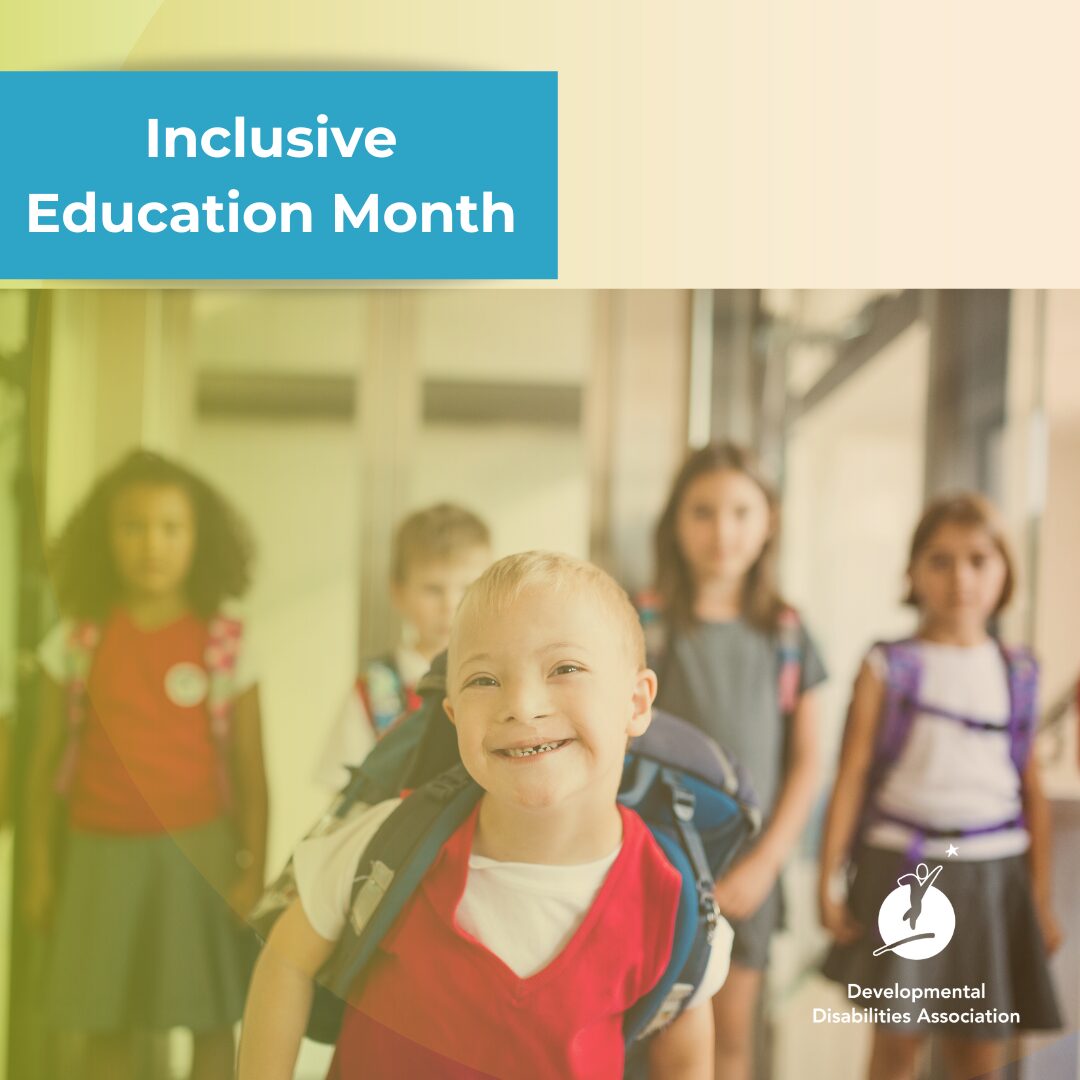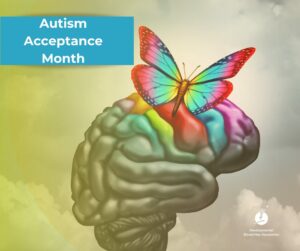Inclusive education stands as a beacon of equality and empowerment, offering opportunities for all individuals to learn, grow, and succeed. However, for people with developmental disabilities, access to quality education has often been fraught with barriers, challenges, and outright denial. That all changed in 1961 here in BC when DDA’s founders fought the government to gain funding for the first special-needs school in the country. The Oakridge School in Vancouver was born. Fast forward to the 1980s and all public schools in British Columbia were inclusive.
These days, and despite inclusion, many students with developmental disabilities (DD) are not finishing high-school in Canada. A 2017 study found 40 per cent of people with DD did not complete high school; that number rose to 70 per cent when post secondary was analyzed. For typically developed students, roughly 7 per cent did not finish high school. Suffice to say, we need to do better for this community to help them reach their potential.
Inclusive education holds immense promise for people with developmental disabilities, offering a pathway to inclusion, independence, and self-fulfillment. By embracing inclusive practices, educational institutions create environments where all learners, regardless of their abilities, are welcomed and supported. Inclusive classrooms foster a sense of belongingness and acceptance, enabling individuals with developmental disabilities to engage with peers, access tailored support, and participate in meaningful learning experiences.
Inclusive education is not just about academic achievement; it’s about empowering individuals to reach their full potential and lead fulfilling lives. For people with developmental disabilities, inclusive education opens doors to employment opportunities, social connections, and active participation in society. Moreover, inclusive schools serve as catalysts for community integration, fostering a culture of acceptance and diversity.
Implementing inclusive education for people with developmental disabilities presents challenges, from providing specialized support to fostering inclusive attitudes among educators and the student body. However, these challenges are not insurmountable. By investing in teacher training, promoting peer support programs, and adopting universal design principles, educational institutions can create inclusive learning environments that meet the diverse needs of all learners. By embracing inclusive practices, we not only unlock the potential of individuals with disabilities but also create a more inclusive and compassionate society where diversity is celebrated and everyone belongs.



